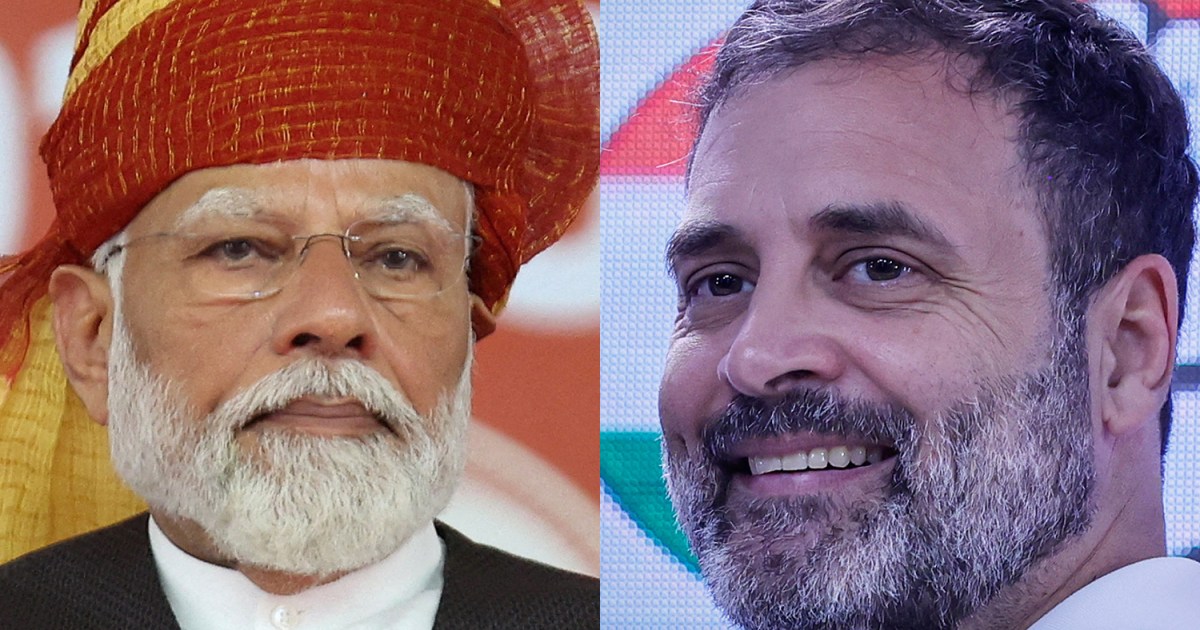
A new election debate: Should India take from the rich, give to the poor?
Al Jazeera
As India enters the second half of its giant election, wealth distribution has emerged as a central campaign flashpoint.
New Delhi, India — As the world’s largest — and one of its most unequal — democracies votes in a mammoth national election, a new debate has gripped the campaigns of both Prime Minister Narendra Modi’s ruling Bharatiya Janata Party (BJP) and the opposition Congress party.
At the heart of this new political slugfest is the idea of a potential redistribution of wealth. But while the Congress party has alluded to the need for some resources to be reallocated to traditional marginalised economic and caste-based communities, Modi and the BJP have accused the opposition of plotting to hand over wealth from Hindu households to Muslims.
So what’s the controversy about and what do economists say about the proposals for a relook at India’s wealth distribution?
In April, Rahul Gandhi, a scion of the Nehru-Gandhi political dynasty, said if voted to office, his Congress party would conduct a caste census along with an economic and institutional survey to determine who owns what and earns how much. Following this, a portion of the 16 trillion rupees ($192bn) of benefits given to 22 big businessmen by the Modi government would be transferred to 90 percent of the country’s people, as a starting point for delivering social justice, he said.
Gandhi described the caste census as an “X-ray” into Indian society. “This is not a political issue for me, this is my life mission,” Gandhi said. “You can write down; no force can stop the caste census.’’











